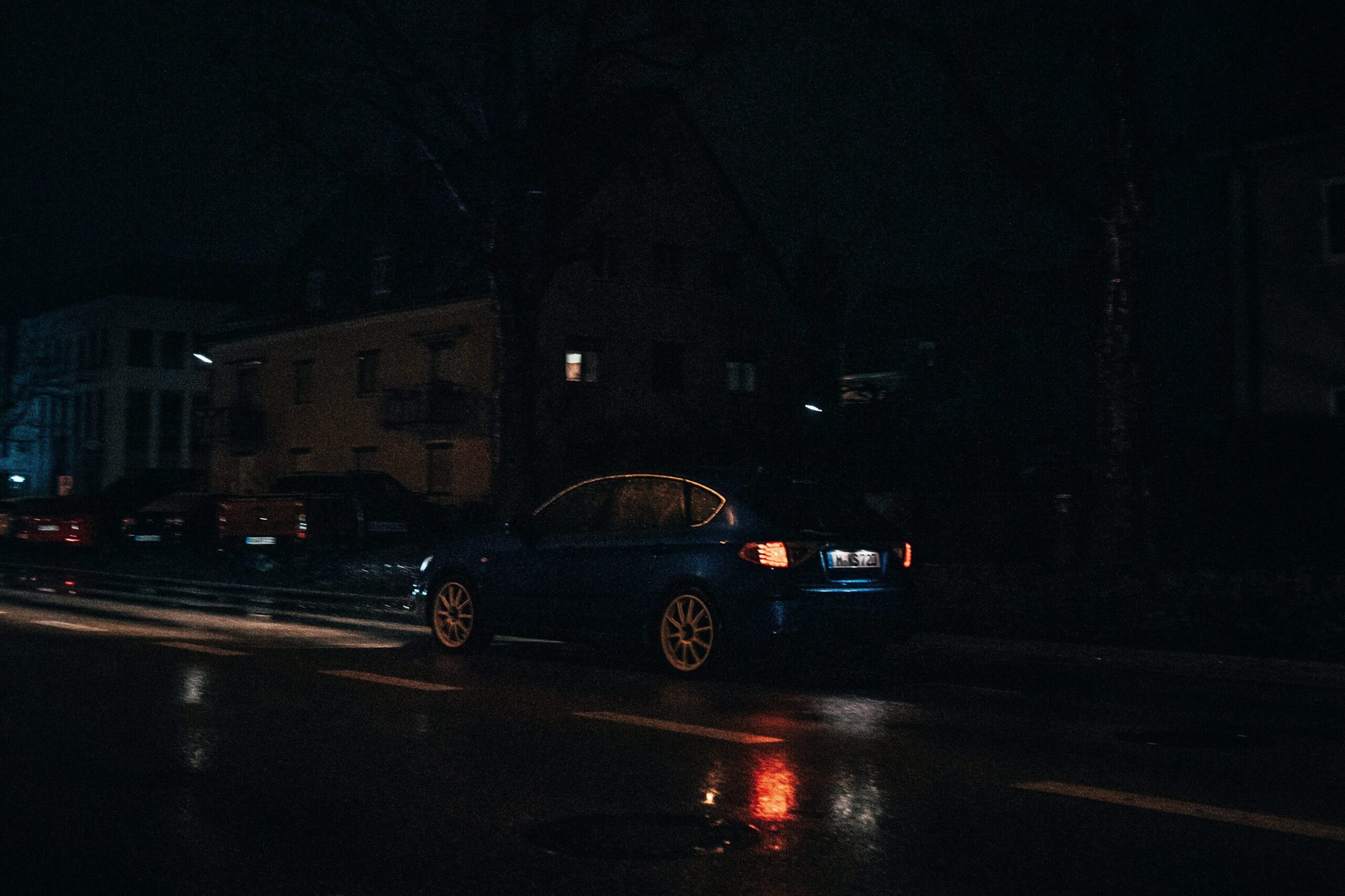
Emergency foster care offers children a safe place to stay at short notice.
Often, this could be as soon as within the hour, the same evening, or early the next day.
As the name implies, young people need this as a result of unexpected circumstances, often involving the hospital or the police.
The reality of emergency foster care is that, more often than not, there’s no time for preparations or to learn about the child in great detail. It’s a difficult situation for everyone involved, but especially for them.
They’ve been suddenly uprooted and are arriving in a stranger’s house, without a clear idea of what comes next.
You need to step into the role of foster carer at short notice and be a calm, reassuring anchor.
“we had 45 minutes notice that they were coming with the social worker. It was an emergency, and police had been involved. The baby wouldn’t settle, and the hospital felt he needed a home environment.” foster carer

how it feels to get the call
The urgent nature of providing a fostering home in an emergency situation means you could be going about your day – cooking a meal, watching telly, or getting ready for bed – when the phone rings with the news of a child in need of a home.
Our foster carers often talk about the odd mix of adrenaline, compassion, and nerves when they receive a call like this.
There are always so many questions: who is this child, what age, were they able to bring any of their belongings?
You won’t always have all the answers before they show up – sometimes, it would just be their name and age. Then, if you accept, you’re off to get everything ready.
“you’ve got to make sure that where they’re going to sleep and stay is ready for them and suited for their needs as well. We make sure that they have everything that they need for that initial period. The first one is a smile, got to welcome them with a smile, not challenge them in any way in the first few days, make them feel loved and wanted.” foster carer
Of course, before taking on this role, you’d have received foster care training on a whole host of topics, including how to handle emergency requests, so you know the best ways to respond in these situations.
But you’ll learn from experience, too.
what to expect when a child first arrives
The children and young people you welcome into your home through emergency foster care will often be exhausted. They might also be frightened, and without a doubt will be confused. In many instances, they would have left their home in distressing circumstances, and will need reassurance, above all else. They will usually arrive with a local authority social worker.
“we made a decision in a matter of minutes. They arrived an hour later and they looked anxious and afraid. They lightened when they saw our child friendly home and our boys playing. They had a tour of the house and a bedroom each ready for them. My collection of duvet covers proving useful at this point.” Kate and Lisa, foster carers, wrexham
Keep things simple and as peaceful as possible. Show them around the house. Take them to their bedroom, show them the bathroom and the kitchen and offer them a snack, a biscuit or something to drink if they fancy it.
“I showed them where the kitchen was and explained they could eat as much fruit, plain biscuits and yogurts whenever they wanted to without having to ask ( one of our young men was so surprised and excited by that, that he gave his social worker a piece of fruit every time she visited. He told her it was his fruit and he could share it. So sweet” foster carer

If they are older, you can give them a bit of space, leave them to put their clothes etc away and then invite them to come down when they are ready to join you. For younger children, you could help them to put their things away.
You can show them where everyone sleeps. Reassuring them that you are only next door at bedtime. Leaving a light on or having a night light can also make the unfamiliar space feel safer.
“I was about the age of seven or eight. I was just very scared and nervous, because you are meeting a stranger. That night, when I did stay for the first night, I was scared and had trouble sleeping. I knew it was late…. I was going to have to just try and force myself back to sleep. [Gavin was] able to help and comfort me by putting on a film.” Kyle, care-experienced young person

In many cases, just being a gentle and reassuring presence will go a long way. And remember, it’s expected that they’d be weary for a while, so don’t be discouraged by a lack of conversation or upbeat behaviour. Stay calm, and let them approach you on their own terms.
“weather permitting, I would walk around the area, having a chat and show them the nearest park etc. Then I would try to engage them, ask them to help set the table or peel some veg, nothing intense all very informal. I’d always acknowledge how difficult the situation must be for them, but don’t dwell on it.” foster carer
emergency foster care advice from experienced foster parents
Since you won’t know much about the child when they first show up at your door, preparation is about having the essentials to hand. Some ideas of things you should stock up on include:
- Spare toothbrushes and toiletries
- Simple pyjama sets
- Underwear
- Cosy blankets
- Choice of duvet covers
- Soft toys
“I put a teddy on the bed, something to cuddle and told them it was a present for them to keep.” foster carer
Sometimes, children will arrive with nothing, so having access to these basic items can help put them at ease. Similarly, a plushie or a soft blanket will add an extra sense of security.
“He would only settle in my arms, snuggled into my fluffy dressing gown. He would grip onto me, and wouldn’t let me go. The next two days, we watched movies together, we were able to comfort them, and they settled more.” foster carer
foster wales’ big welcome web portal
Sharing information about yourself with the child can reduce their anxiety about coming to a stranger’s home. That’s why we’ve designed a special welcome portal where carers can create profiles, giving foster children a quick idea of what to expect – from the family itself, to the room they’ll be staying in.
how long does emergency foster care last?
In some cases, you might welcome a child just for the night or for the weekend, especially if the call comes on a Friday evening.
The young person will stay in your care for a few days while the social workers reach out to extended family or arrange for a different type of short-term fostering support. In some cases, this could mean making arrangements for the child to stay longer with you.
Whatever the length of their stay, emergency foster care is often about giving traumatised children a safe place to stay when they need it most, and supporting them through what’s likely the most uncertain time of their lives.
“when I was 14, I remember going to stay. I remember the long drive there going on forever. I looked around and it looked totally scary. She showed me round. I was nervous as hell. After my social worker left, I went up to my room and I just stayed there for hours.
[She] heard me moving around. She came up and took me downstairs and made me a hot chocolate. She just started talking to me and I started talking back. That is one of my best memories of foster care. I stayed there for nine months.” care experienced young person

am I ready for emergency fostering?
Offering emergency foster care can be challenging. But opening your door to a young person in distress and offering them safety can be extremely rewarding – not to mention life-changing for the children you take into your care.
If you’re already an approved foster carer, your training on responding to challenging behaviours, trauma, and attachment will form the basis of what you need to provide emergency foster care.
Plus, welcoming a child at short notice is part and parcel of most foster carers’ experience at some point.
“I had one boy who came across really hard, but was too scared to get undressed for a week,” one foster parent shares.
This type of trauma response is what makes the first few hours of welcoming the young person into your home so important.
Learn more about therapeutic care.
just starting out on your fostering journey?
Emergency foster care is just one of the ways you can help young people in need of support, but it’s often combined with other ways to foster, such as short breaks. These two combine particularly well if you’re often available at weekends. Discover more about all types of fostering.
Reach out to your local authority to find out more about how you can help!

